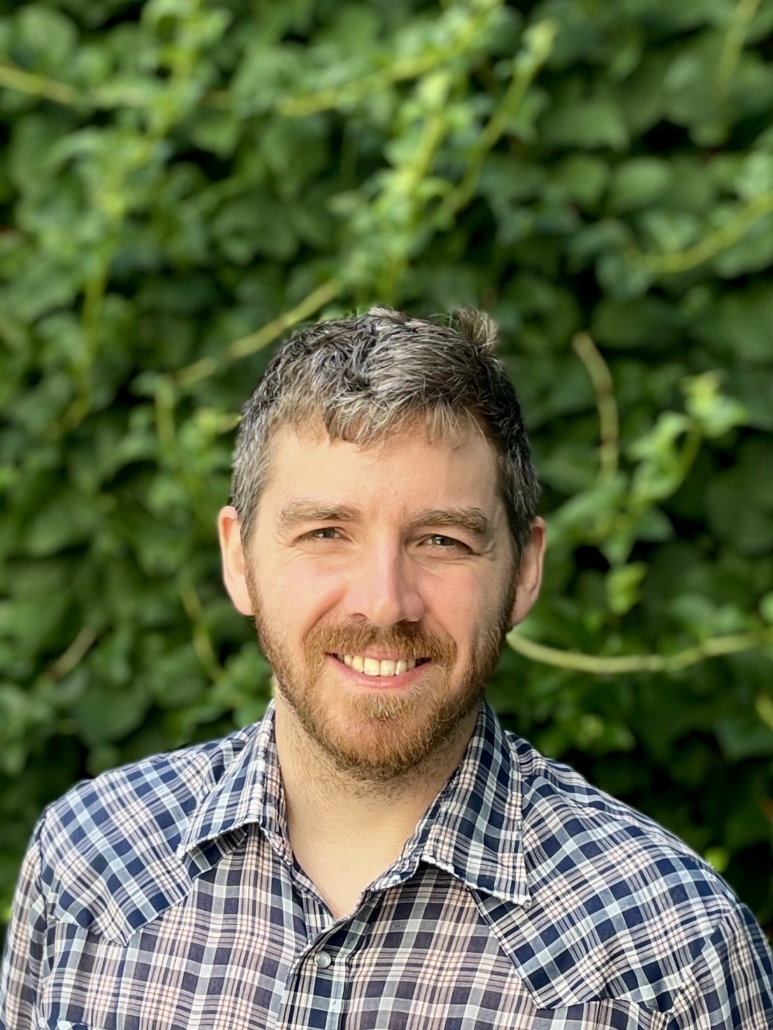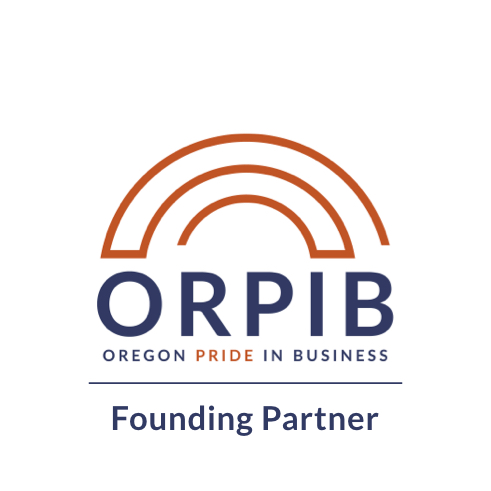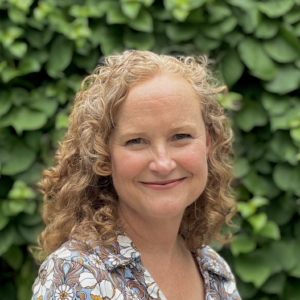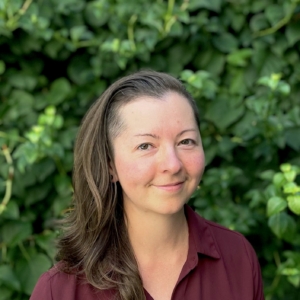John Auerbach, LPC
Licensed Professional Counselor
Pronouns: He/Him/His
My Love for Counseling
My journey as a mental health practitioner began more than twelve years ago. As a camp counselor in Colorado for children with traumatic burn injuries, I helped campers build positive relationships with each other and engage in social and nature-based activities. I fell in love with the act of promoting mental health through these experiences initially, and in 2019, I graduated with a Master of Arts in Professional Mental Health Counseling from Lewis & Clark College in Portland, Oregon.
My Counseling Style
As a board-certified Licensed Professional Counselor, I am trained in a wide variety of counseling theories and have worked with a large breadth of people. In my counseling work with you, I will emphasize a person-centered, process-oriented, here-and-now approach. I know therapeutic change to be a profound experience of self-discovery that requires practitioners to offer patience, compassion, and creative solutions. While counselors are often seen as experts in mental health, I firmly believe you are the expert of your personal experience, and I therefore approach counseling with humility, authenticity, and curiosity. I will primarily focus on using caring, gentle reflections and asking thoughtful, open-ended questions in order to learn about your experience. I will always make the assumption that you have the innate capacity to heal, and I will construct a container of safety and compassion while following your lead and collaborating with you on your therapeutic goals. I will build a relationship with you by focusing on three core conditions: congruence, unconditional positive regard, and empathy. From there, I will often pull techniques from various theories, such as person-centered therapy, narrative therapy, emotion-focused therapy, mindfulness-based CBT, and motivational interviewing.
My Social Justice Approach
I work to “bring society” into the counseling room and into the therapeutic relationship. I approach counseling with an anti-oppression and anti-racism stance by making explicit the oppressive systemic forces that impact the counseling relationship. I see value in recognizing the power and privilege inherent in my personal social location, and I work to address how one’s social location might impact their relationships in deep, systemic, and often invisible ways. As a person who identifies as an ally to people from all walks of life, I welcome the opportunity to serve clients who identify with groups that are systemically marginalized and oppressed, such as people of color, people from culturally diverse populations, people who identify as gender diverse, non-binary, trans, or as women, people who identify with sexual minorities and sexually diverse groups, and people with appearance and ability differences. In the past, I have served people working through a wide variety of issues and concerns, such as people with addictions, depression, anxiety, psychosis, autism, trauma, and attachment-related concerns.







